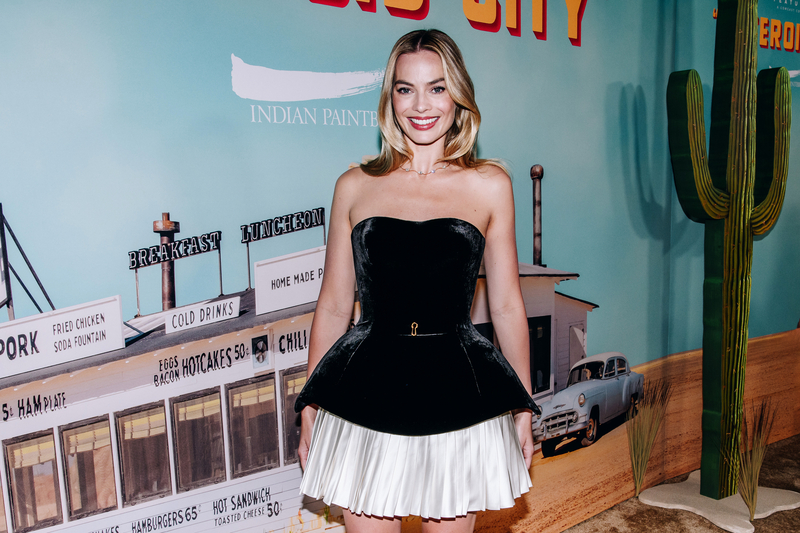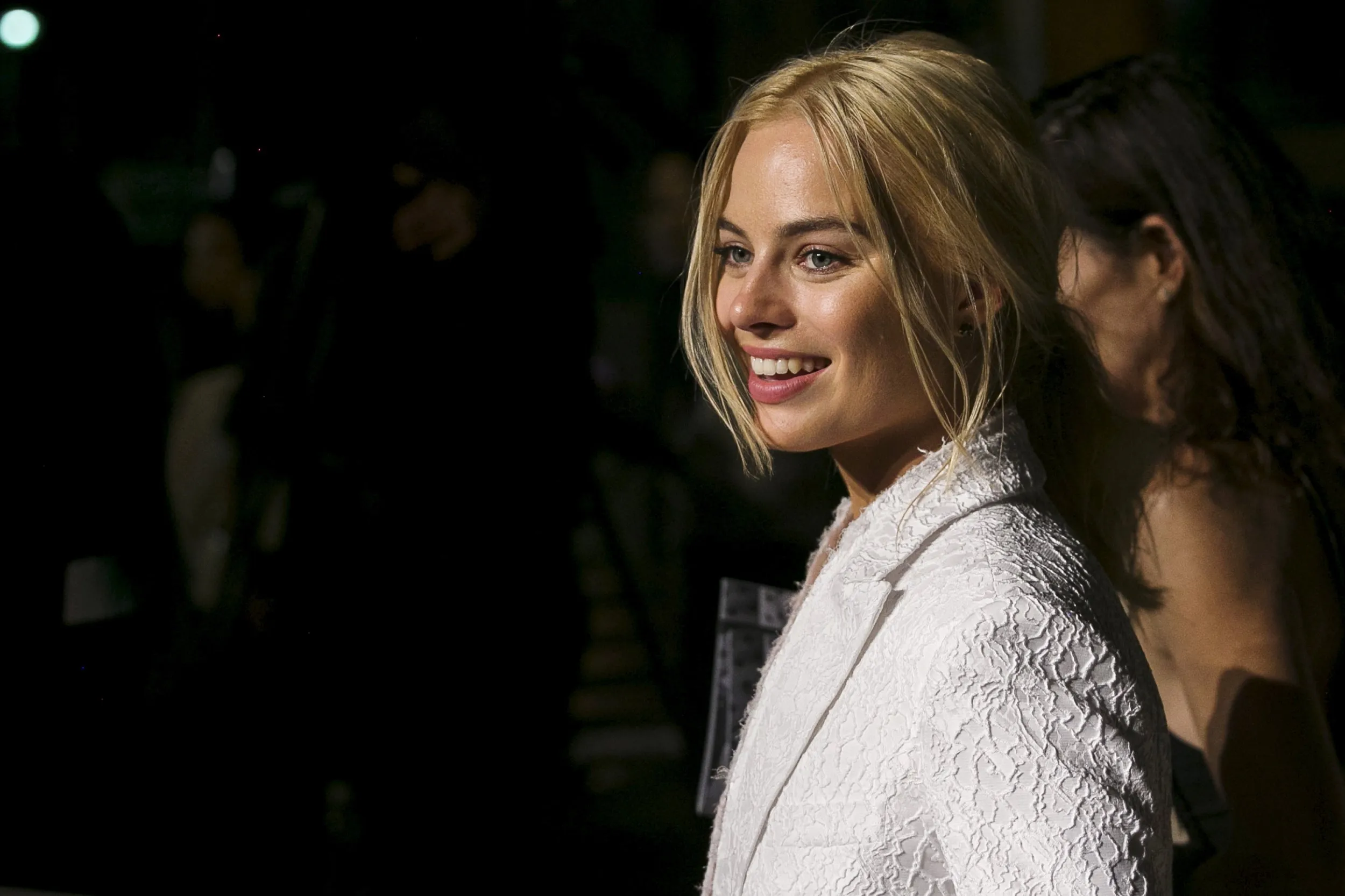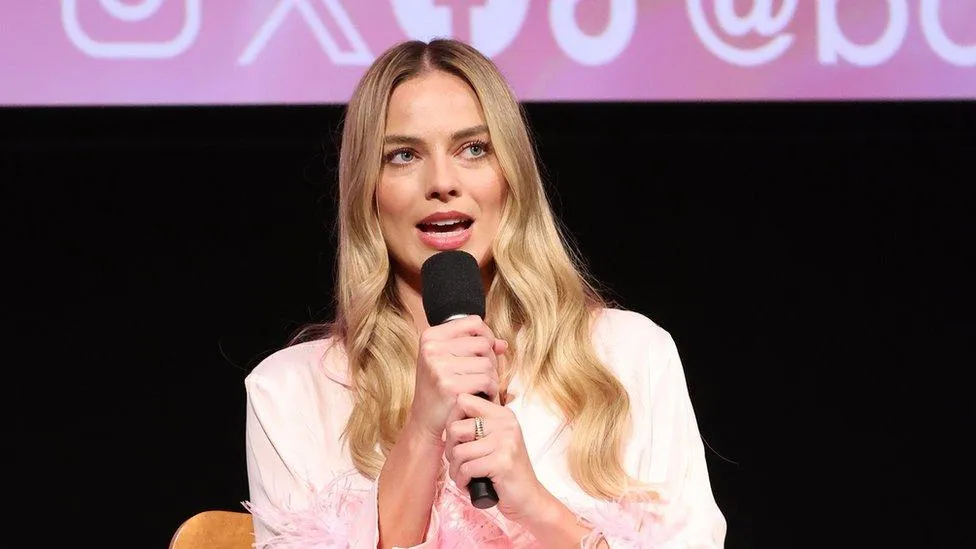

Fans Shocked as Margot Robbie Returns to the Tropes Barbie Tried to Destroy
The idea of a “strong female character” has seen significant evolution over the years. What began as a much-needed response to one-dimensional women on screen has turned into an ongoing exploration of how to portray layered, authentic, and diverse female experiences. And for many, Margot Robbie and Greta Gerwig’s Barbie in 2023 was a breakthrough moment.
However, in her latest film, A Big Bold Beautiful Journey, Margot Robbie’s portrayal of Sarah leaves audiences with mixed feelings. After the nuanced femininity and emotional depth of Barbie, this performance feels like a step backward—perhaps even a reminder of the very tropes Barbie sought to dismantle.
A Look Back at What Made Barbie Revolutionary
Before diving into her newest role, it’s important to understand why Barbie was such a standout. With Greta Gerwig’s direction and Margot Robbie’s heartfelt performance, Barbie wasn’t just a bright pink comedy. It was a profound reflection on femininity, identity, and societal expectations.

Margot Robbie’s Barbie began as a literal stereotype—”Stereotypical Barbie”—and gradually unraveled into a character full of vulnerability, questions, and human emotion. From moments of existential confusion to heartfelt conversations about motherhood and purpose, Robbie’s performance captured the complexity of being a woman in today’s world. The film offered a spectrum of female characters: confident, insecure, empowered, and confused—all allowed to exist simultaneously without judgment.
That level of thoughtfulness raised the bar for how female characters could and should be portrayed. So, when Robbie’s newest film arrived, expectations were understandably high.
What Went Wrong in A Big Bold Beautiful Journey?
In A Big Bold Beautiful Journey, Margot Robbie plays Sarah, a woman who meets David, played by Colin Farrell, and embarks on a surreal and emotional trip through their respective pasts. On paper, it sounds compelling: a blend of fantasy and psychological exploration, wrapped in visual wonder.
But the moment Sarah opens her mouth, disappointment begins to seep in.
Her very first lines lay out a tired trope: she’s “damaged,” she’ll only hurt the people around her, and she’s incapable of love. It’s a line we’ve heard before in countless romantic dramas. From there, the film leans hard into the “emotionally unavailable woman” cliché, offering little depth or development to make Sarah’s character feel genuine or fresh.
Margot Robbie’s Sarah Is a Regression
What’s most disheartening is how Margot Robbie’s Sarah feels like the exact kind of character Barbie tried to evolve past. Rather than being complex, flawed, and evolving, Sarah is reduced to a walking monologue about her emotional baggage. She frequently reminds the audience—and David—that she’s terrible at relationships, that she cheats, and that she pushes people away.
The film hints at a deeper reason for this behavior—her mother’s death, and her guilt over not being there. But even this emotional backstory is glossed over quickly and used more as an excuse for her behavior than an opportunity for growth. Her relationship with David never truly deepens either, despite the time-traveling emotional road trip they go on together.
Barbie vs. Sarah: A Stark Contrast
What made Robbie’s Barbie resonate with so many was her emotional vulnerability. Even as a plastic doll, Barbie was allowed to explore real human emotions: confusion, fear, empathy, and joy. The character grew—not in spite of her flaws, but because of them.
In contrast, Sarah is emotionally closed off and stays that way for most of the film. She isn’t given the time or space to evolve meaningfully. Even when the movie attempts to show her softening, it feels rushed and superficial.
Ironically, Robbie’s Barbie started out as a flat stereotype and ended as a nuanced human being. Sarah, meanwhile, starts and ends as a collection of overused tropes.
Why This Matters: Representation Beyond Tropes
This isn’t just about one character in one movie. It’s about what we expect from stories told by and about women. After the progress we’ve seen in films like Barbie, Little Women, and Everything Everywhere All at Once, audiences are more tuned in to lazy writing and outdated archetypes.
We’re now in an era where audiences are demanding more. We want female characters who are allowed to be flawed, but not defined by those flaws. We want complexity, not clichés. And with Margot Robbie’s track record, it’s fair to hope for more.
Is It All Bad? Not Quite.
To be fair, A Big Bold Beautiful Journey isn’t entirely without merit. The film’s visual storytelling is ambitious, and the concept—a journey through emotional and literal landscapes—is unique. Colin Farrell delivers a warm, grounded performance that gives the film some emotional weight.
And even within her limited character arc, Margot Robbie shows flashes of her immense talent. There are small moments—silent looks, subtle reactions—where you can feel the depth she’s trying to inject into Sarah. But unfortunately, the script doesn’t give her enough to work with.
What This Means for Margot Robbie’s Career
It’s unlikely this film will derail Margot Robbie’s momentum. With multiple production credits under LuckyChap Entertainment and several exciting projects on the horizon, she continues to be a major creative force in Hollywood.
But this role does serve as a reminder that even the most talented actors can be let down by weak writing. It also highlights how important it is for creative teams to continue pushing for more thoughtful, layered portrayals of women—especially after such high benchmarks like Barbie.

Looking Ahead: What’s Next for Robbie
Despite the stumble with A Big Bold Beautiful Journey, the future looks bright for Margot Robbie. With LuckyChap’s continued investment in women-led stories, and her rumored involvement in high-profile productions, she remains one of the most influential figures in modern cinema.
Audiences will be watching closely to see if her next acting role allows her to bring the same nuance and emotional depth we saw in Barbie. Because while A Big Bold Beautiful Journey may not have lived up to expectations, Margot Robbie’s ability to carry powerful, character-driven stories is far from in doubt.
Conclusion: A Misstep, Not a Failure
In the grand scheme of Margot Robbie’s career, A Big Bold Beautiful Journey is a minor misstep. But it’s one that feels particularly stark coming off the heels of a cultural phenomenon like Barbie. While the film may still find its audience, it serves as a reminder that the progress made in female representation onscreen is not guaranteed. It needs to be protected, challenged, and built upon.
As for Robbie, fans can only hope her next role brings back the complexity, charm, and vulnerability that made Barbie such a landmark—and not just a brief detour on her journey as one of Hollywood’s most compelling talents.


















